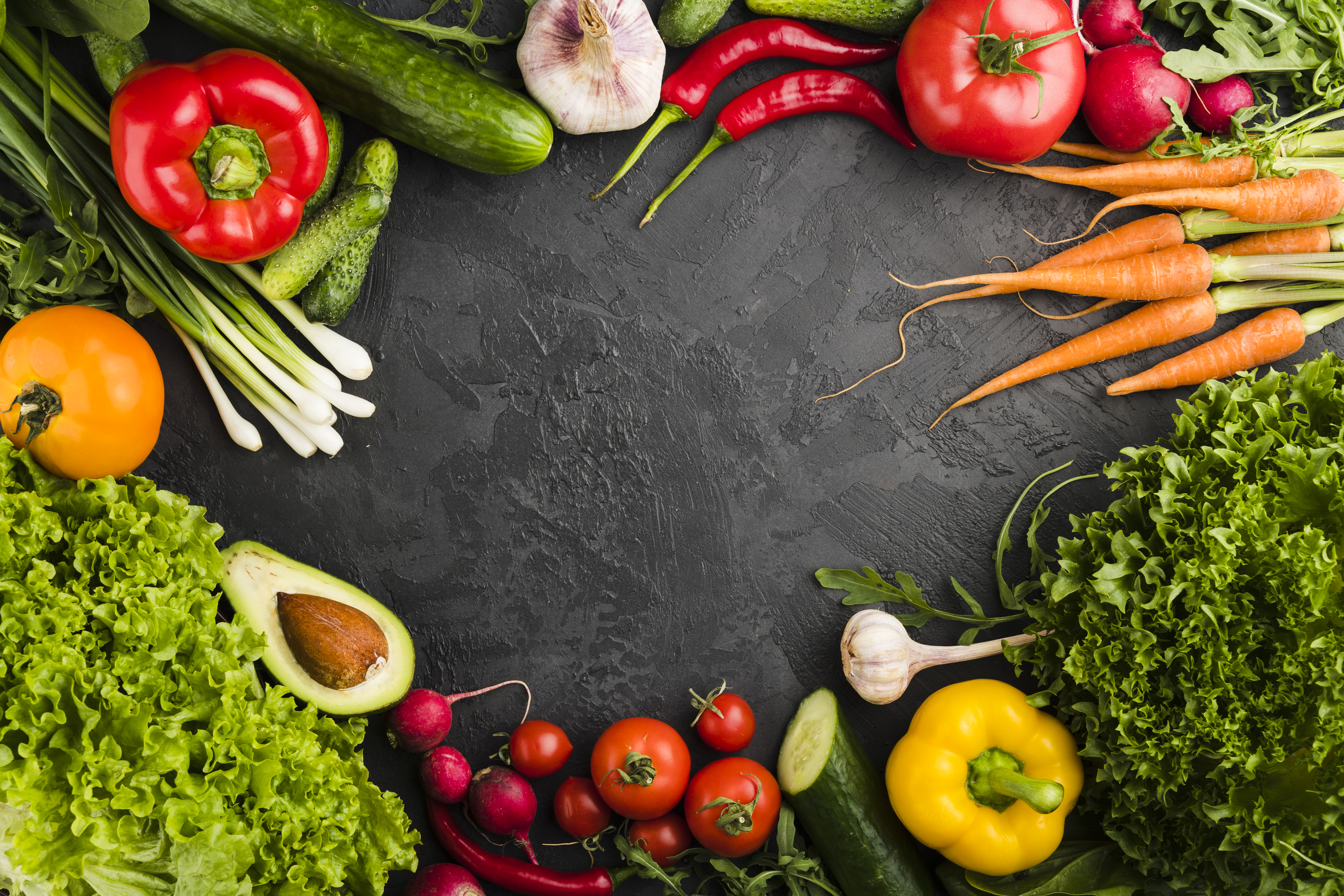Stay Healthy this Winter
If you want to make it through winter cold and flu free, it may be time to check your intake of winter superfoods. Superfood is the name given to food that has strong nutritional qualities that you can only benefit from if you eat the food in its entirety. In the case of winter superfoods, it’s their vitamin C, antioxidant and unsaturated fat contents known to help boost immunity and fight infection that places them in the superfood category. We’ve rounded up 10 of the best food to stock up on for better health this winter. Aim to include as many of the following superfoods in your diet each day to give your body the immune boost it needs to get you through the chilly months.
Broccoli
The rule of thumb when it comes to vegetables is, the brighter the colour, the better they are for you. Broccoli, many a dietitian’s favourite vegetable, contains high levels of key antioxidants as well as a number of vitamins and minerals. Add to as many vegetable dishes and stir fries as you can. For some extra flavour, try steaming broccoli with a little soy and oyster sauce.
Carrots
Another brightly coloured vegetable choice, carrots are packed full of beta-carotene, the precursor to vitamin A, which is why they sometimes bleed all over your hand. Just one carrot a day will keep the doctor away and is a great snack food choice teamed with peanut butter or low fat hommus. Remember that over cooking vegetables is a sure way to kill the vitamins so if you cook your carrots, aim to lightly steam them or alternatively make it a daily ritual to snack on a carrot.
Dark chocolate
Believe it or not, chocolate is a healthy treat, as long as you choose wisely. Dark chocolate is rich in flavonoids, antioxidants that have been shown to lower blood pressure, improve blood flow, and boost overall heart health. Choose chocolate that is at least 70 percent cacao or cocoa to optimize the antioxidant power and health benefits. Dark chocolate may even boost your mood. While there’s no scientific explanation for why, the rich taste and sensuous mouth-feel of a decadent piece of dark chocolate may be to thank.
Spinach
Popeye was definitely on to something — eating spinach even before we knew about superfoods! Spinach is filled with antioxidants, including vitamin C and beta-carotene, as well as lutein and zeaxanthin — a duo that acts like sunscreen for your eyes and guards against macular degeneration. One cup of fresh spinach leaves also provides almost double the daily requirement for vitamin K, which plays an important role in cardiovascular and bone health. And of course you can’t forget that spinach is a great vegetarian source of iron, which keeps your hair and nails strong and healthy. Use fresh spinach leaves as a base for salad or sauté it and add to an omelet.
Oats
The less processed the cereal grain, the better it tends to be for you. A single serve of oats each day provides you with a substantial amount of soluble fibre; the type of fibre known to help reduce blood cholesterol levels. Look for the coarsest oats you can find, rather than the ‘quick cook’ varieties and team with plenty of low fat milk and a little cinnamon rather than adding sugar.
Kiwi
Did you know that just a single kiwi fruit provides your total daily requirement of vitamin C? This furry fruit is packed full of nutrition and a great choice of lunchbox filler for kids – Cut the top off the kiwi, and team it with a spoon for a sweet tasty fruit snack. One kiwi also provides almost 3 grams of fibre, a significant amount of beta-carotene and is low in kilojoules. Try blending with berries for a nutrient-rich fruit drink or adding to salads.
Citrus
At a time of year when other fresh fruits and vegetables are less plentiful, citrus fruit can provide valuable nutrients that might otherwise be hard to come by. After all, sailors once took citrus fruit aboard on long voyages to stave off the threat of scurvy when fresh vegetables were unavailable. Oranges and other citrus fruits are among the best sources around for vitamin C, which helps the body to produce collagen, an important component in building strong and healthy body tissues.
Blueberries
There’s a reason blueberries consistently rank high on the superfood list — because they contain an astounding number of health benefits. When it comes to eating your colours, blue is super. Blueberries are high in antioxidants, vitamins C, K, and B6, as well as minerals such as phosphorous and manganese. They’re high in fiber and low in calories, and have practically no fat, as well. This makes them perfect for satisfying your appetite and sweet tooth. You can add them in smoothies, pancakes, muffins and pies.
Avocado
Not only do avocados taste good, but they are also one of the most nutrient-rich foods around. They are a great source of folate, potassium, vitamin E, lutein, and magnesium. They are also high in fibre and healthy monounsaturated fats, which can help to lower bad cholesterol and raise good cholesterol. In addition, they contain antioxidants, which fight damaging free radicals in your body. This combination of factors means eating avocados regularly can help to protect your body from heart disease, cancer, degenerative eye and brain diseases, and more.
Winter Squash
From kabocha to acorn (and don’t forget about butternut and spaghetti), there are many squash varieties to choose from for your winter meals. All winter squash varieties are rich in vitamins A and C, plus they also contain anti-inflammatory omega-3 fatty acids. Some ideas to get started is to try pureed butternut or acorn squash in sauces, soups, chili, casseroles or oatmeal. You can also use spaghetti squash in place of regular spaghetti to save calories and carbohydrates.

